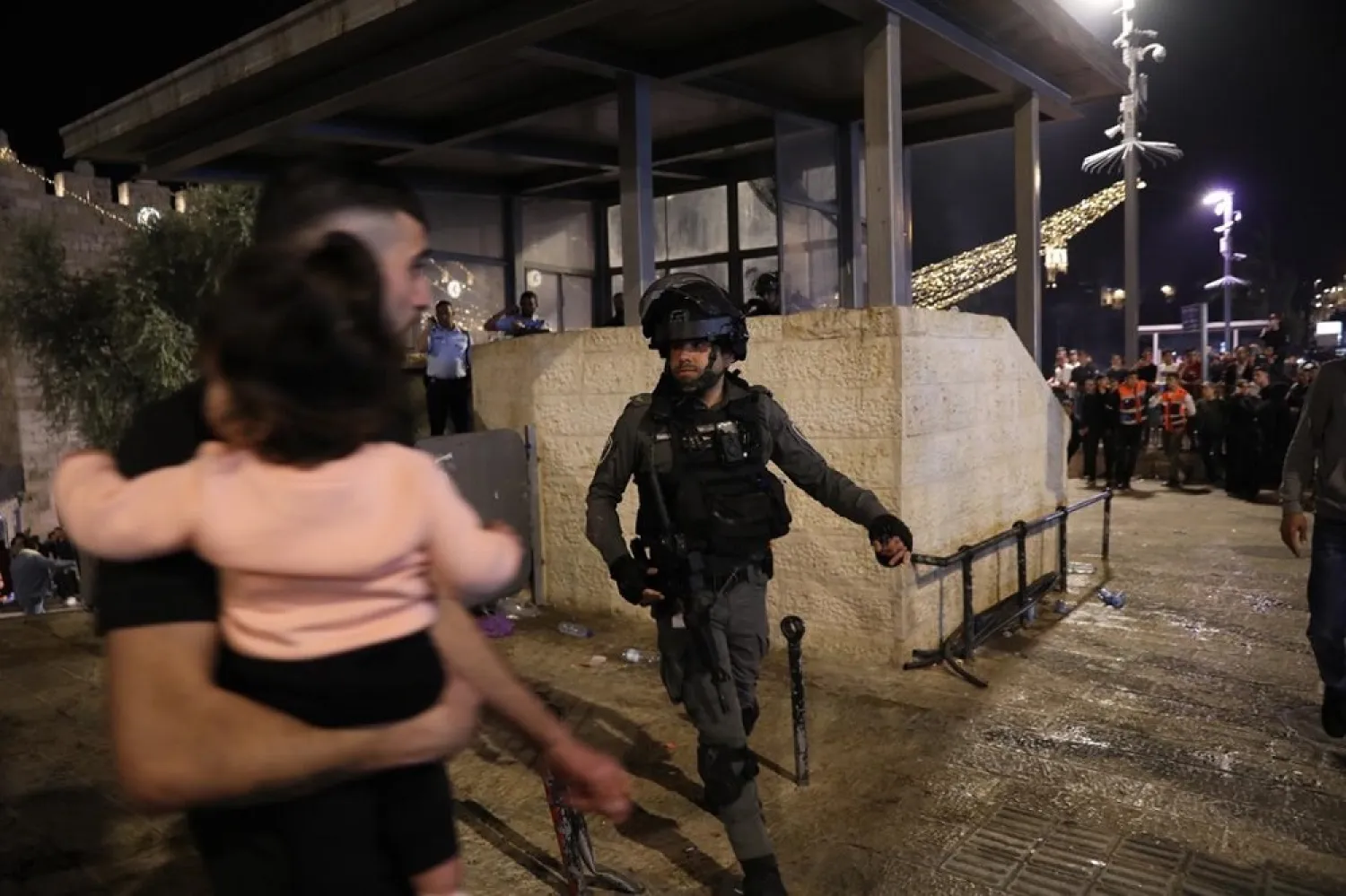The Palestinian presidency dismissed on Monday concerns that regional or international alliances would undermine the Palestinian cause.
“All regional or international alliances have failed to remove the Palestinians from the equation,” said Nabil Abu Rudeineh, the official spokesman for the Palestinian presidency.
He stressed that the only path to security and stability is “absolutely clear,” noting that without a political horizon based on international resolutions, the situation “will remain explosive and dangerous, and the region will continue to live in endless tensions and conflicts.”
In a statement published by WAFA news agency, Abu Rudeineh said: “The new concept that must go beyond the US and Israeli politics comes through the victory of the Palestinian leadership and people over the policy of apartheid and an end to the double standards practiced by Western countries, which have also lost credibility...”
His remarks came in the wake of recent security escalation that Israel has repeatedly warned against, blaming it on the Palestinians. Jerusalem has witnessed nighttime and violent confrontations every night since the beginning of Ramadan, in a scene that reminds of the atmosphere that preceded the series of military operations inside Israel, and the 11-day war on the Gaza Strip during Ramadan last year.
Abu Rudeineh said the storming of Damascus Gate area in occupied East Jerusalem by Israeli Foreign Minister Yair Lapid on Monday was irresponsible. He also criticized “army, police and settlers’ provocations, all of which could lead to an explosion not only in Palestine but in the region as a whole.”
He added that the rapid developments “resulting from the continued Israeli escalation, whether in the courtyards of the holy Al-Aqsa Mosque, the daily intrusions by settlers, and the attacks against the Palestinian people in Jerusalem or in the West Bank, are a clear and blatant violation that proves Israel’s lack of commitment to the understandings and agreements, or to the pledges and positions announced by the administration of the United States, and the efforts made by actors in the region to prevent escalation.”
Clashes erupted between Israeli police and Palestinian demonstrators near Bab al-Amud in Jerusalem on Sunday night. At least 10 Palestinians were arrested, according to Israeli police, for “throwing bottles, stones and iron bars at a police checkpoint, which resulted in the slight injury of a policeman.”









